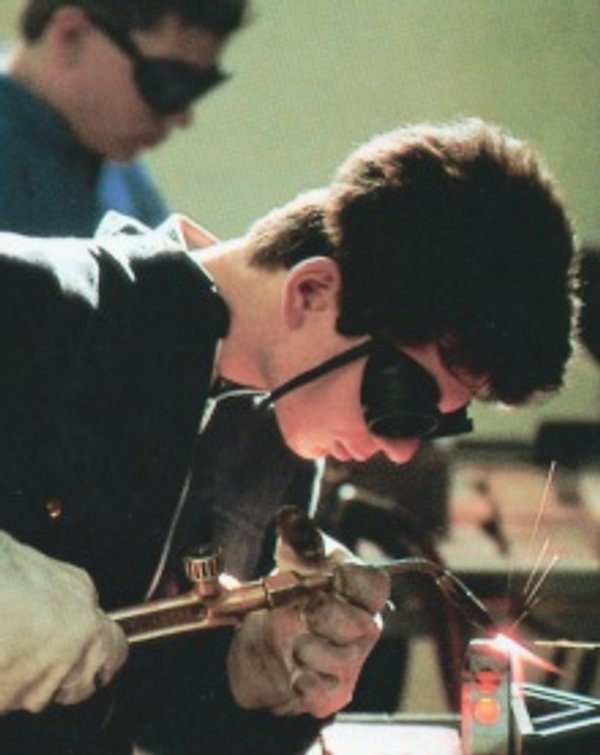The assembly of the Synod of Bishops just concluded had a unique feature: Convoked by John Paul II and led by his successor, Benedict XVI, it linked two pontificates. It is significant that this synod was devoted to the Eucharist, the source of the Church's unity.
On the opening day, Benedict XVI asked the participants to study how the connection between the Holy Mass and the daily life of Christians might be strengthened, so that they not be disconnected. As a result, the synod's work included a quest for specific propositions that would help Christians to understand better that the Eucharist must inform their daily lives.
As an act of worship, the Eucharistic Sacrifice has to be as perfect as possible, since it is offered to God Himself. If any well done human action--lovingly and carefully done in all details--is agreeable and shows a respectful interest in others, how much more perfect an act rendered to God must be. This is the tenor of many propositions introduced in the synod.
Priests and lay people are to celebrate or assist at Holy Mass with a strong doctrinal piety--lovingly, attentively, completely caught up in it. In the Eucharist, time and eternity meet; Christ offers Himself to the Father and gives Himself once again to us. Evidently, then, it is fitting that we respond with all the love we can. God is not asking us simply for external devotion, but for all our love: Only thus can it be a perfectly acceptable offering to God.
But the presence of the Eucharist in a Christian's life is not limited to the sublime moment of the Mass. We can bring to the altar our daily actions, our ordinary tasks, as we strive throughout the day to refer them to God in the Eucharist. Any honorable work can be a means to unite ourselves spiritually to Christ's sacrifice in the Holy Mass. In this way, the Eucharist becomes the pinnacle and the source of our entire existence. This idea was expressed over and over during the synod, with the certainty that Christ wanted to unite the Holy Mass to the salvation of his fellow human beings.
These are the thoughts that oriented my own reflections during the synod and enabled me to identify three areas in which the Christian can help to make the Eucharistic life flourish throughout the Church.
The first one pertains to priests, that we know how to celebrate the Eucharist with the greatest possible refinement--in other words, to promote the "ars celebrandi"--the art of celebrating--which manifests the beauty and depth of the Liturgy, lived for the glory of God and our edification.
The second is the need to stir all the faithful to an even more attentive participation in Holy Mass, with the awareness that it is the sublime moment to engage in the "ars orandi"--the art of prayer--of which John Paul II spoke when the new millennium began.
And last, we also need to rediscover every day the strong bonds between Holy Mass and daily life as we increasingly apply to ourselves the "ars vivendi"--the art of spending our lives in spiritual union with Jesus in the Eucharist. This is to recognize a new horizon of daily life: the great experience of meeting God.
The Holy Father will evaluate the propositions the synod fathers have presented and make the decisions he considers opportune. But we are already experiencing the positive effects of the synod: We bishops who took part in it have explored the depths of the infinite treasure of the Eucharist, which "contains the entire spiritual goodness of the Church; that is, Christ in person, our Passover and living bread" (Presbyterorum Ordinis, no. 5).
It is my ardent hope that we take this to heart and spread it in concentric circles, that we begin to notice its fruits in the way many Catholics practice their Christian faith, especially participation in the Holy Mass. Following the work and prayer of these days, I desire that we take part in this new moment of grace for the whole Church.
+ Javier Echevarría
Prelate of Opus Dei
